Microsense Kramnik Gelfand Program Day 04: Traits of a super talent
At the Coastal Paradise Lateef Villas in Chennai, 14 young talents of Indian chess are learning from Kramnik and Gelfand. When you have this sample size it is quite interesting to make a deduction of their qualities that have helped them to become chess super talents. Is there a common trait that all of them possess which has helped them to become so strong? IM Sagar Shah is present at the venue with the kids along with Amruta Mokal as the managers of the camp. He tried to observe these young talents closely and in this article presents before you his findings on the qualities that make a chess super talent. We also discuss two interesting positions from the camp with video explanations by Praggnanandhaa, Vaishali and Rakshitta Ravi.

What are the traits of a super talent? Watching them at such quarters it should be easy for me to tell you all about it by now, right? Just that, the more I try to compartmentalize the qualities of a super talented kid, the more confused I become! Let me explain.
Let's first make it clear - there are two parts to this - qualities on the chess board and qualities off it. It is clear that all these youngsters are extremely talented on the chess board, that's the reason why they are present at the training camp. They are the best talents of the country. Discussing about their chess qualities and traits is pretty easy - each one of them is hard working, true some are more, others are less, but everyone loves chess, mostly each one of them is ready to forego everything to be able to play chess (especially blitz!). But when we begin to discuss their off the board qualities, that's when things start to get tricky.
I would imagine that if you have the ability to learn something new in chess and apply it very quickly in your games (this is one of the big qualities of all chess super talents), then you should be able to do it in your off the board activities as well. Sounds logical, right? Just that whenever I have something new to teach or show them, there are a few who are extremely interested and learn it, while a few simply shut themselves down. For the latter group, learning new things off the board is not a priority, they are happy within their comfort zone. I always thought being open to learning new things is always a good quality. However, by seeing a few of them I have begun to understand the advantages of abstinence.
First of all you are able to focus on what is important to you (chess in this case) and you are not distracted by new information, you save your energy and use it only for the most important thing (chess). On the other hand, the kids who are open to learning things off the board and improving, feel energized by this activity of learning. They feel good that they were able to assimilate something new.
There is a group of introverts, who don't like to talk a lot and there is a group of extroverts, who speak with everyone. There are youngsters who are very particular about cleanliness and keeping things in order, while there are a few who just don't like orderliness. There are the ones who are extremely competitive and want to win at just about everything, even at games that are played apart from chess and there are those who just don't care about the result.
When you have a sample size of over a dozen kids, you slowly begin to understand that there is no one size that fits them all when it comes to their behaviour off the board. Yet each one of them is improving at chess. There is no magic mantra, there are no qualities off the board which are essential to be a super talent. Yes, there are certain ones which are good to have, but it is no guarantee that they will help you in your chess journey. The most important quality that is common to all 14 of them is their love for chess. Perhaps, this is what I would count as the most important quality to be a chess super talent.
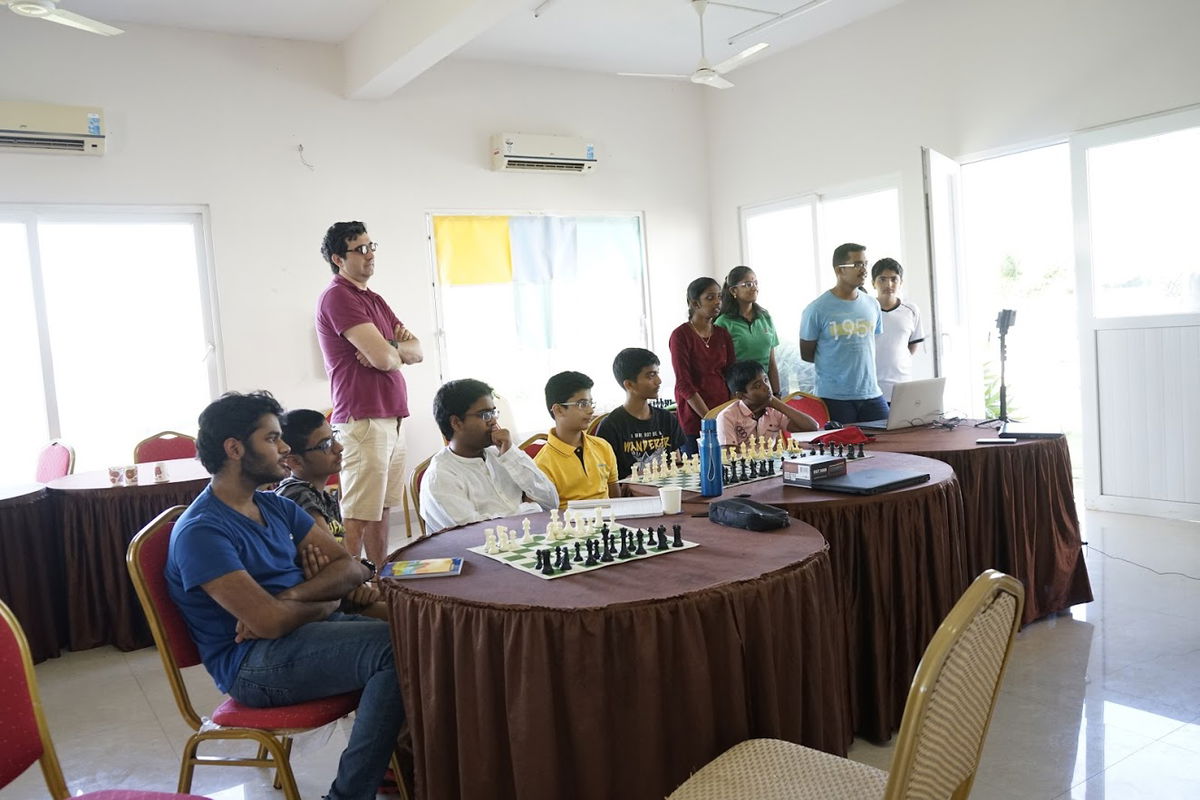
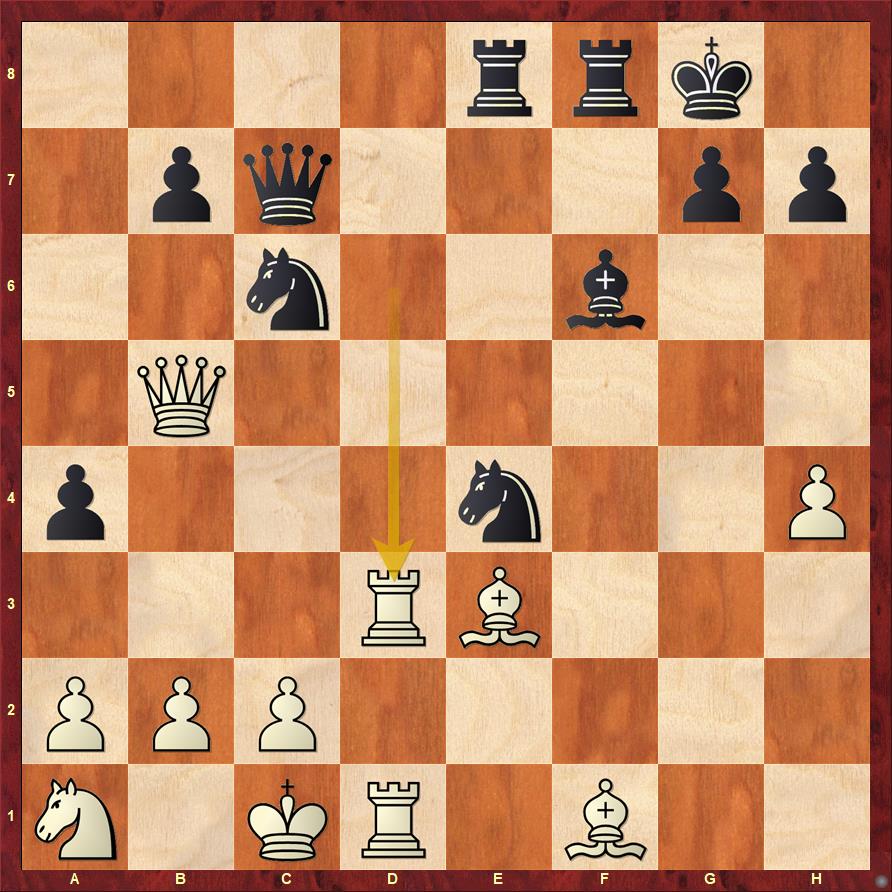
Kramnik who was one of the spectators/students when this position was given by Gelfand said, "I would never get into a position where the knight is on a1. It just doesn't feel right, I would either do something drastic to avoid it, or simply resign the game. But would never put my knight on a1!" This comment shows chess education with which Kramnik is brought up. For him having a knight on a1 (like in the above position) is akin to making a huge a blunder! Even if you do not lose now, you will after a few moves!
Kramnik's move in the above position. He wanted to play ...Kh8 and this is one of the best moves suggested by the computer. What Gelfand played was quite suprising - Qe5!? Boris explained this move in terms of Football. If both sides have five players on the field and one player in a side is taken out (knight on a1) - four versus five is not a big deal. However, four versus three already starts to become difficult to defend and when you come to three versus two, the side with two players are for sure going to lose! That's why Boris decided to go for the move Qe5. His logic is if he is able to exchange White's active queen, the pieces that remain on the board for Black will be more active White's.

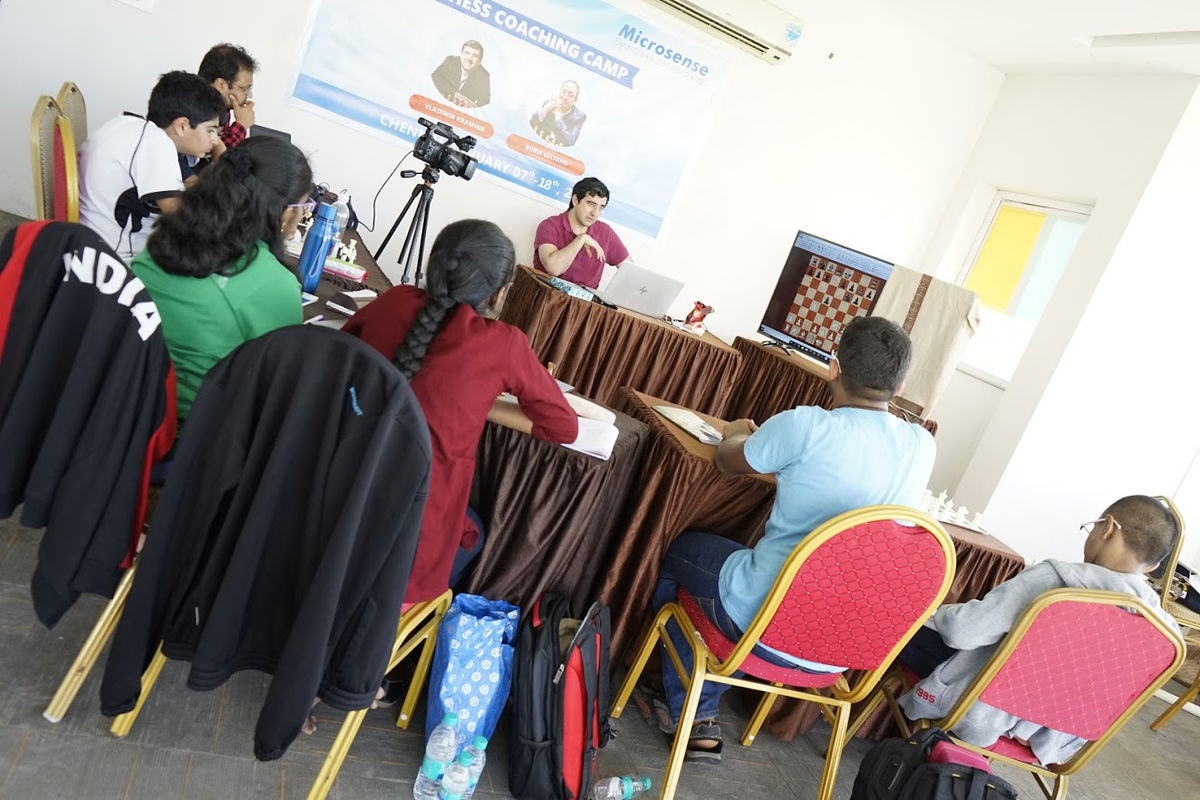
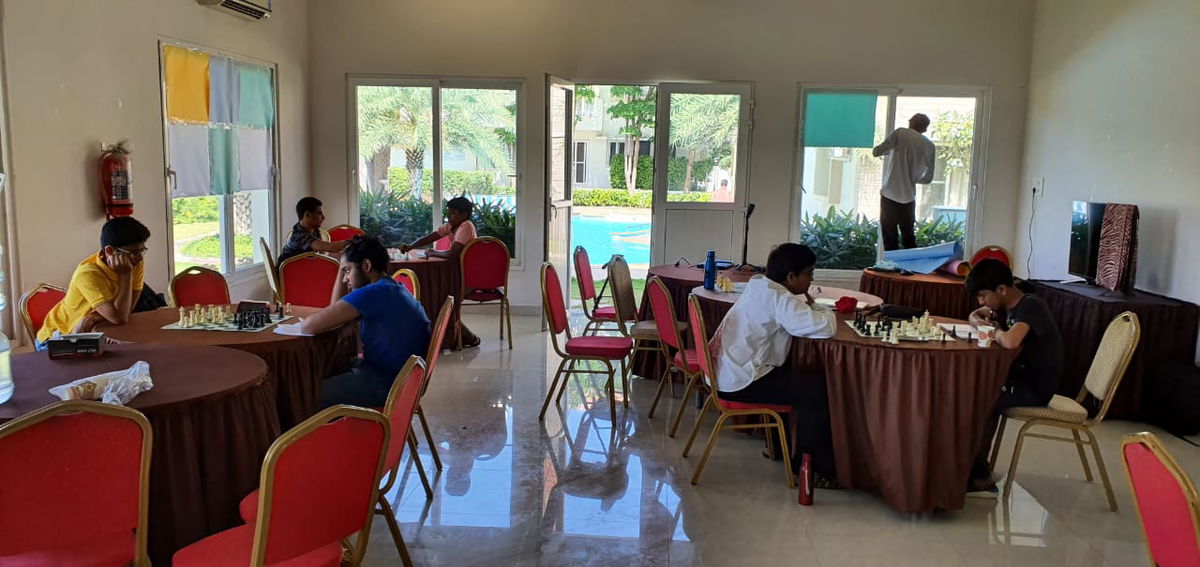

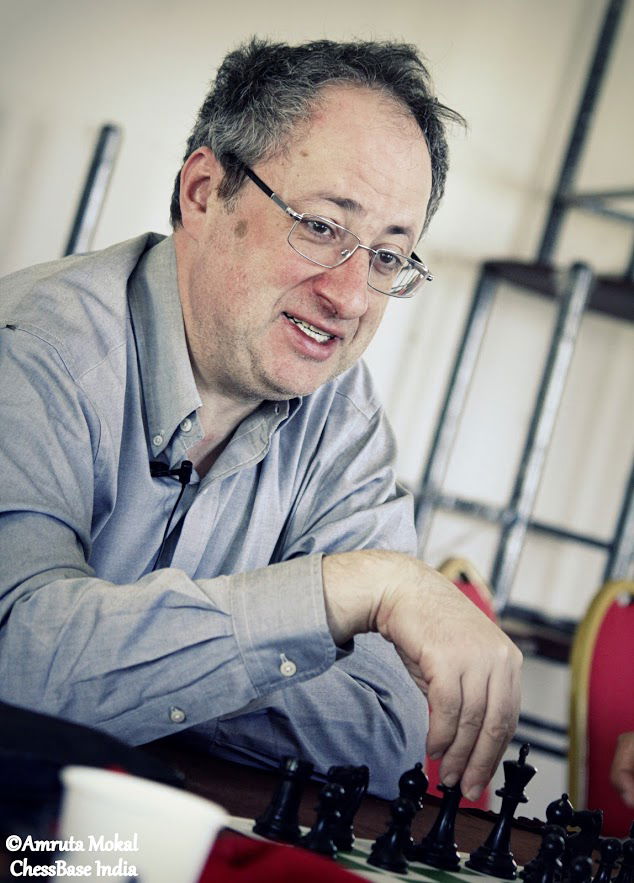
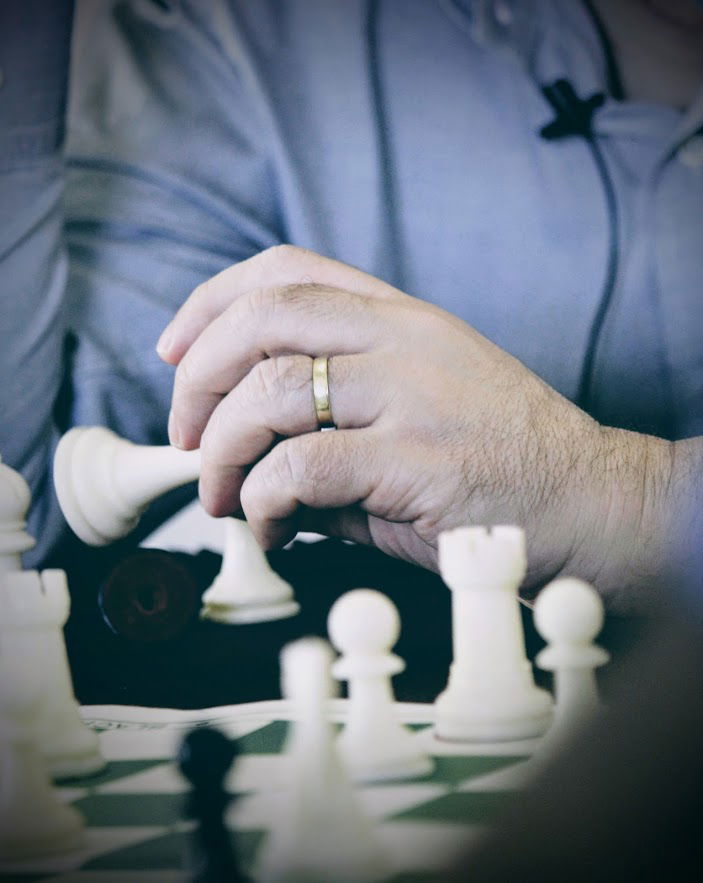
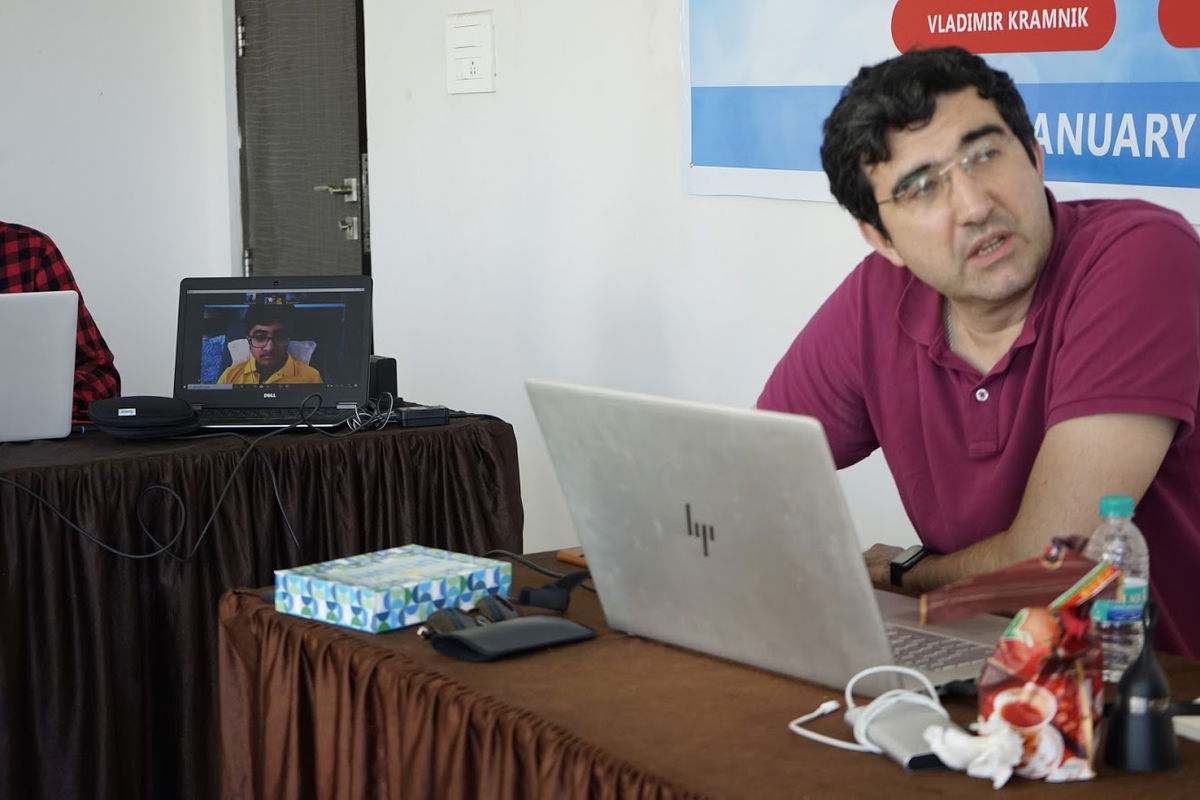
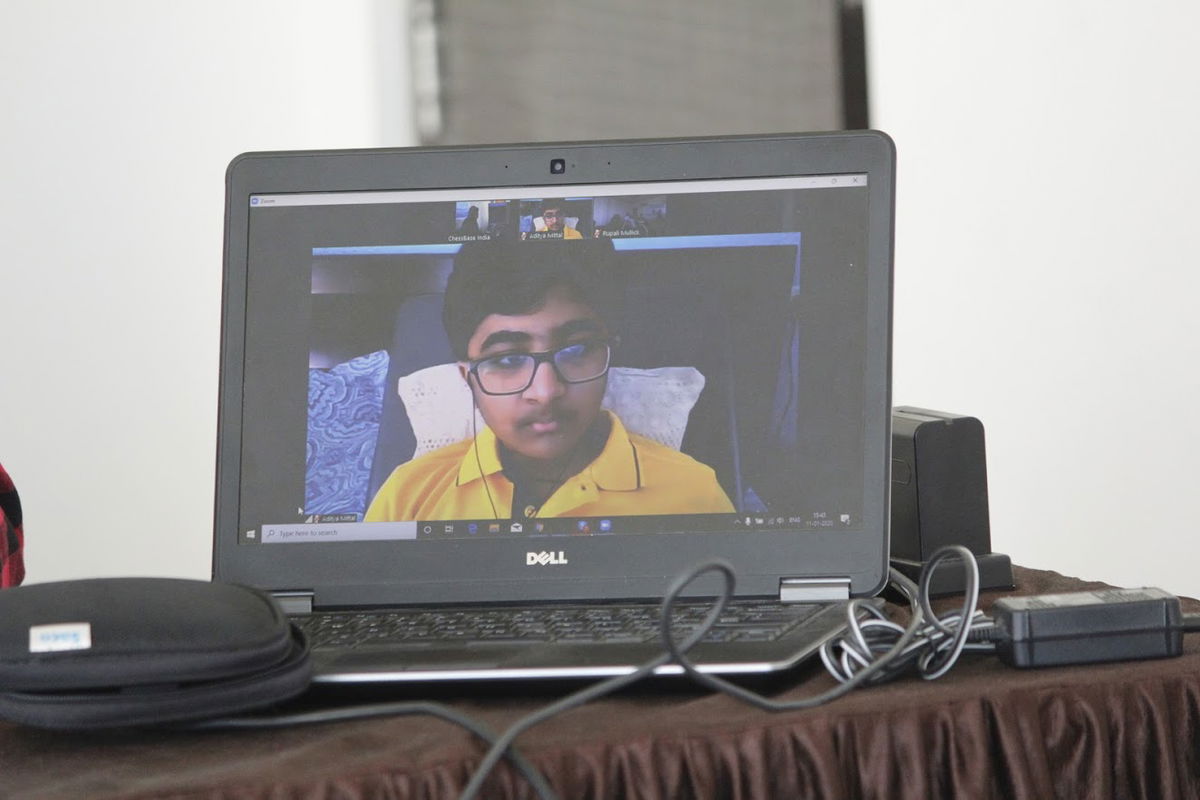
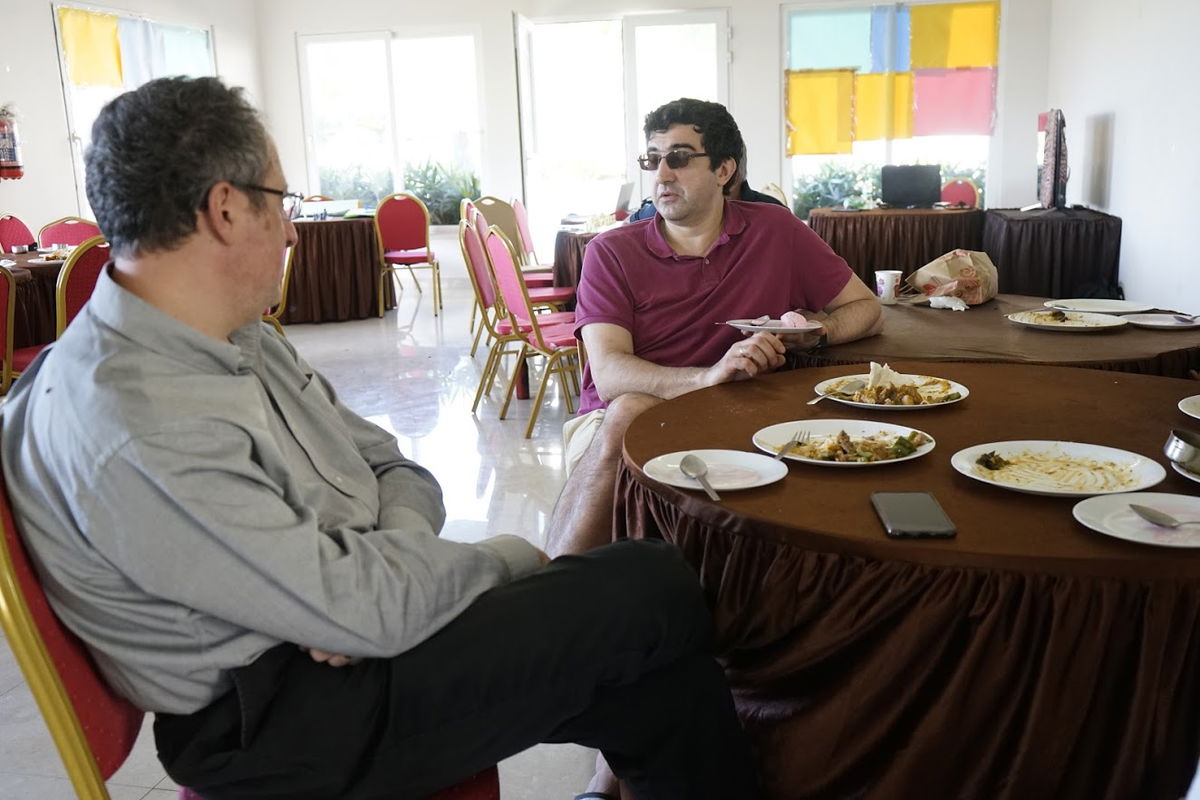
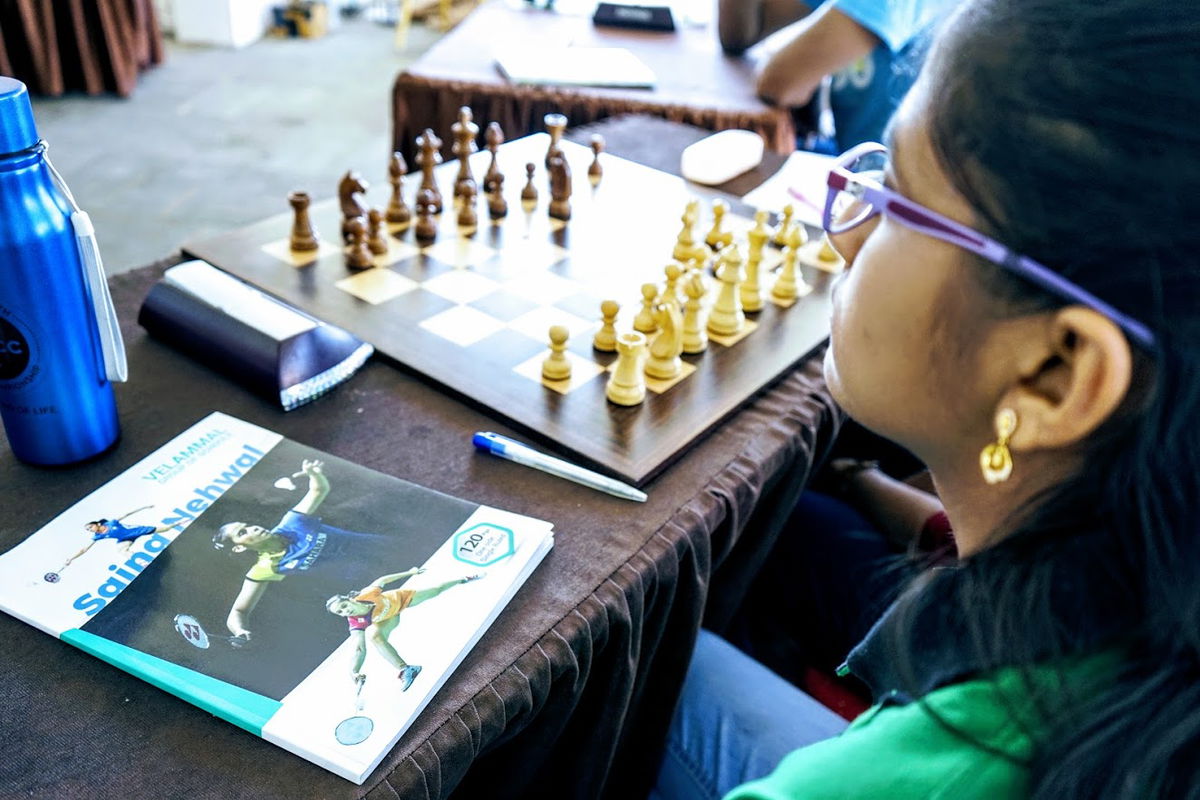
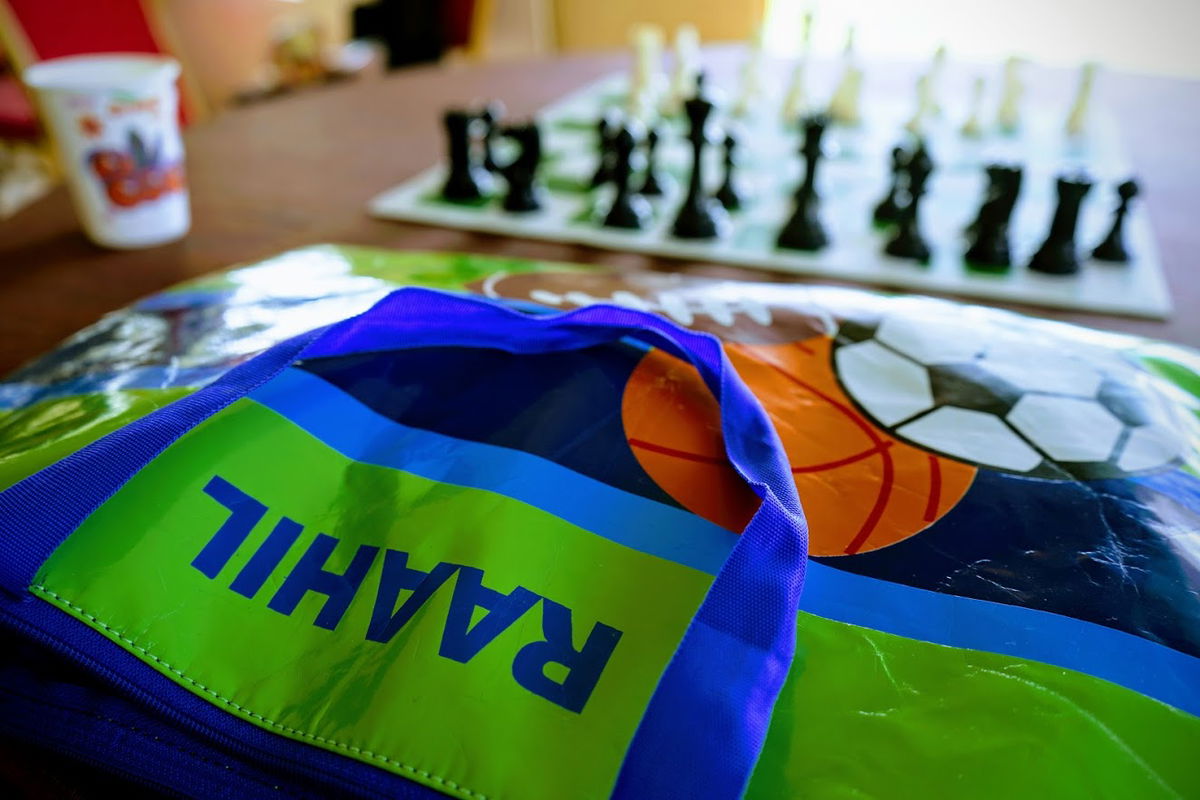

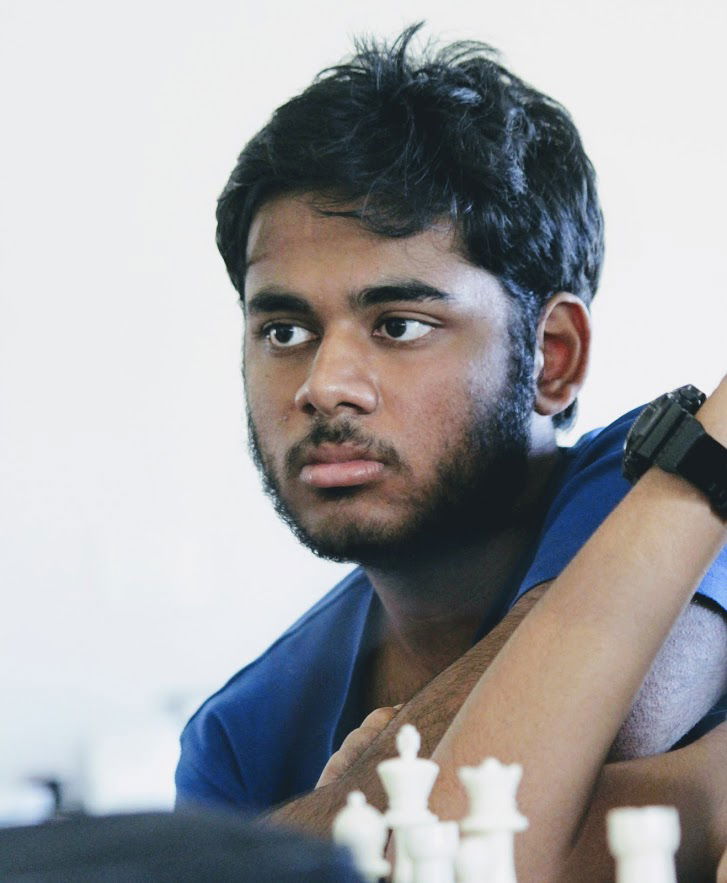
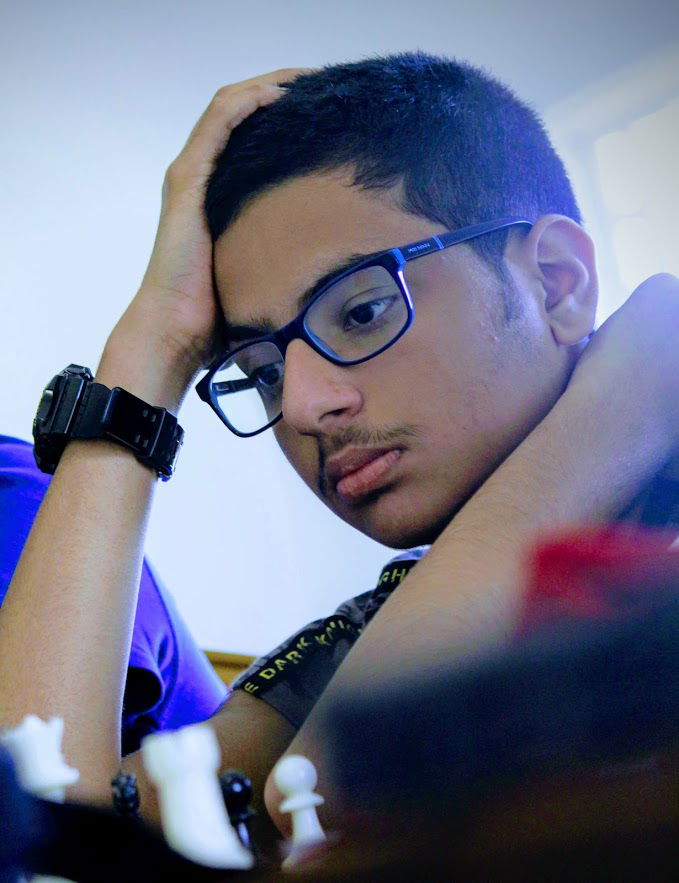
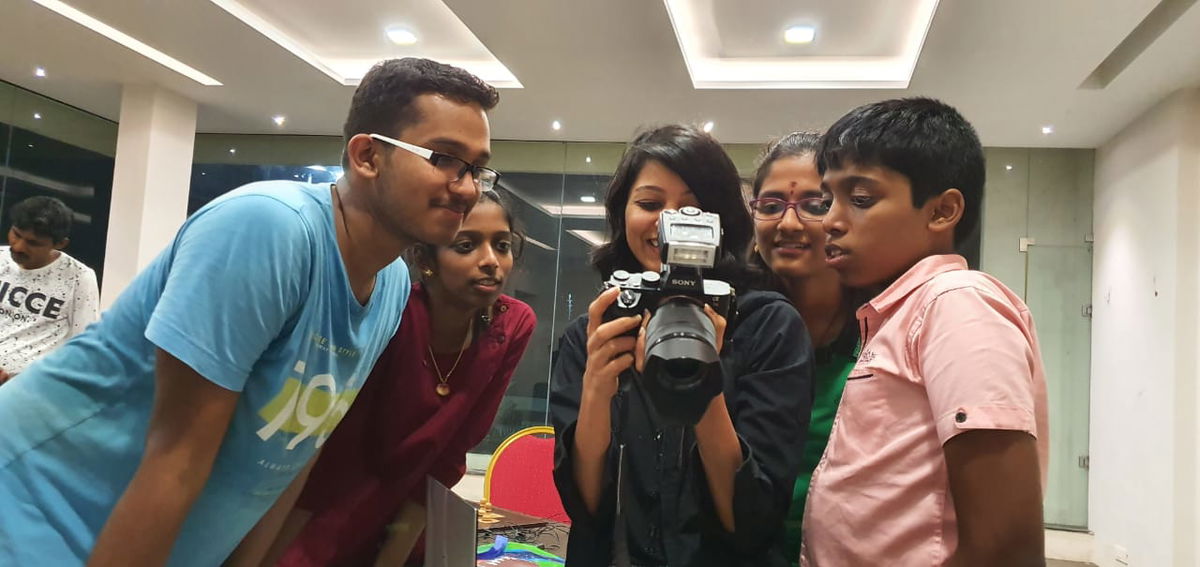
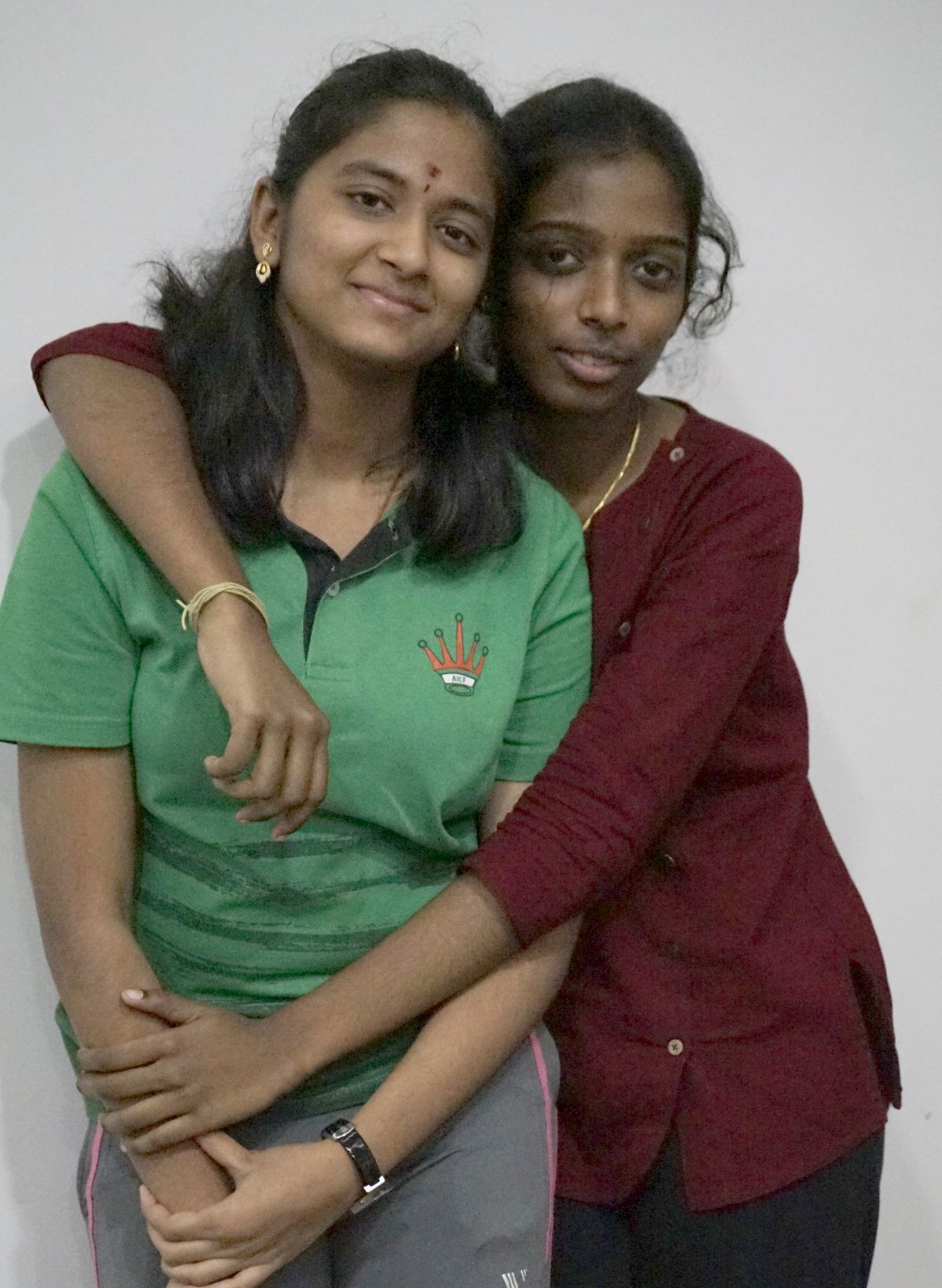
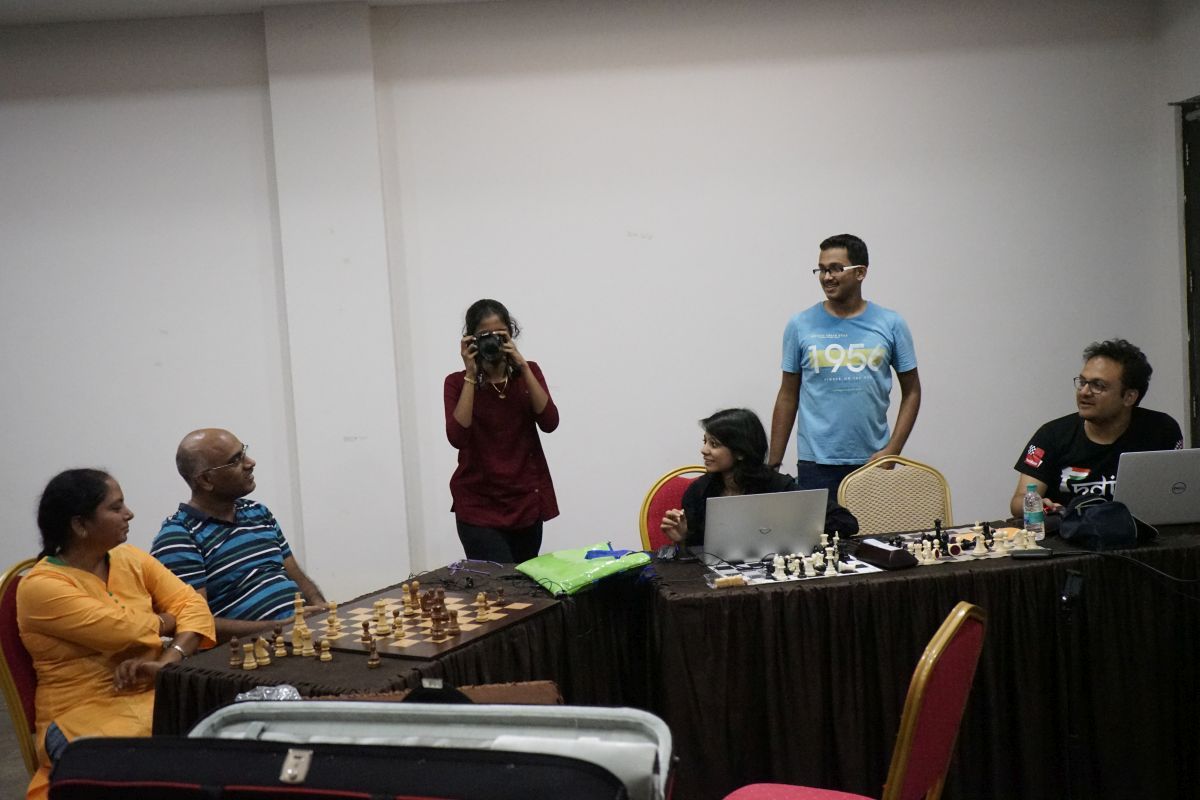
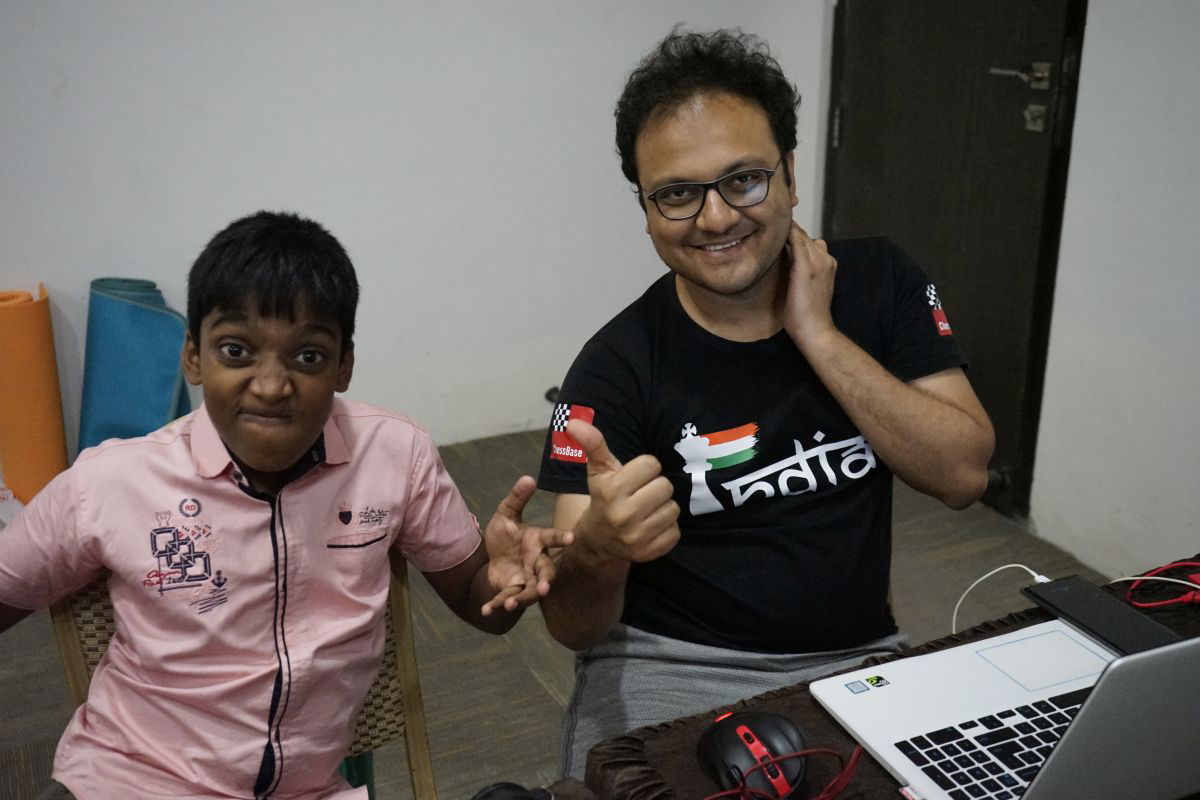
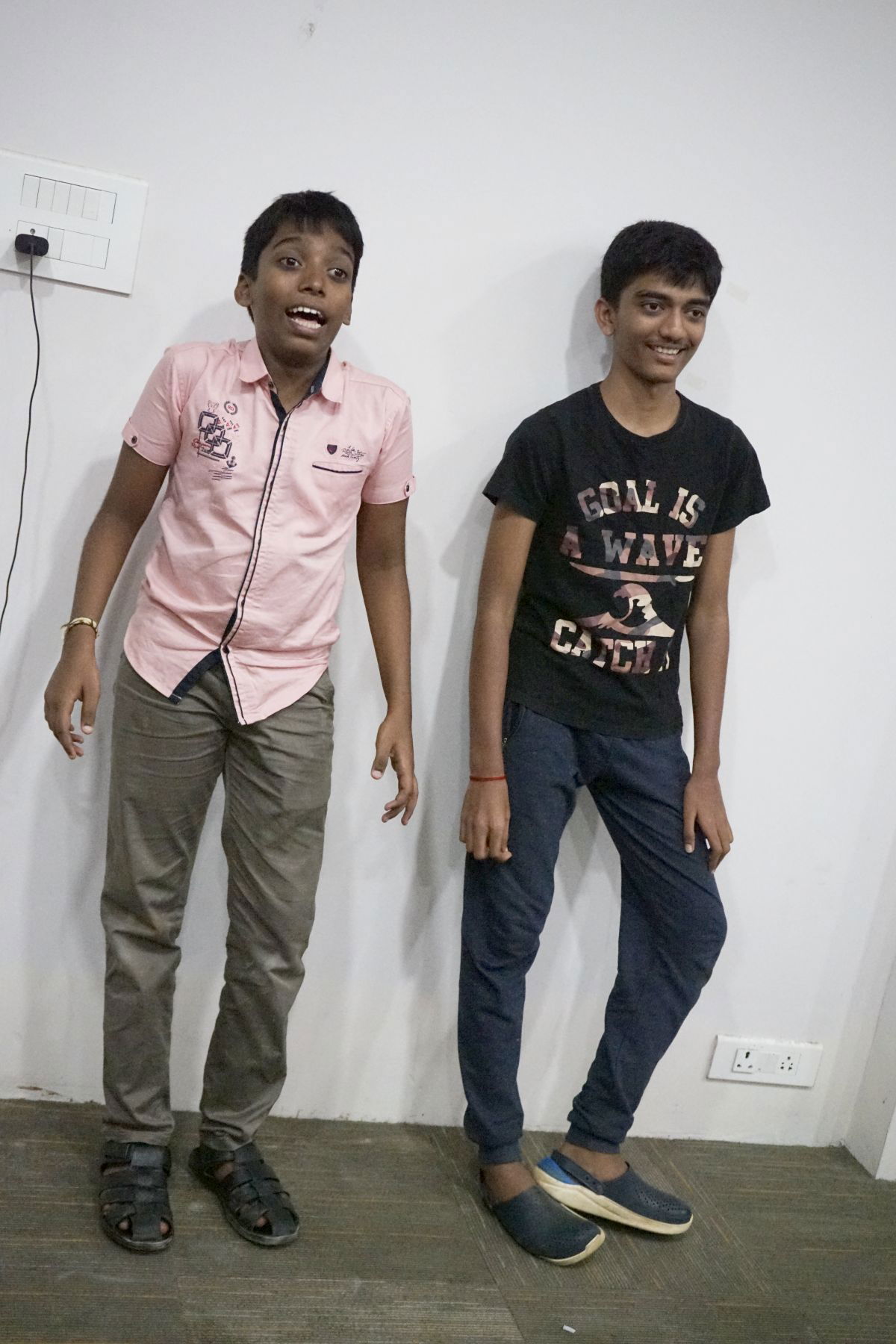
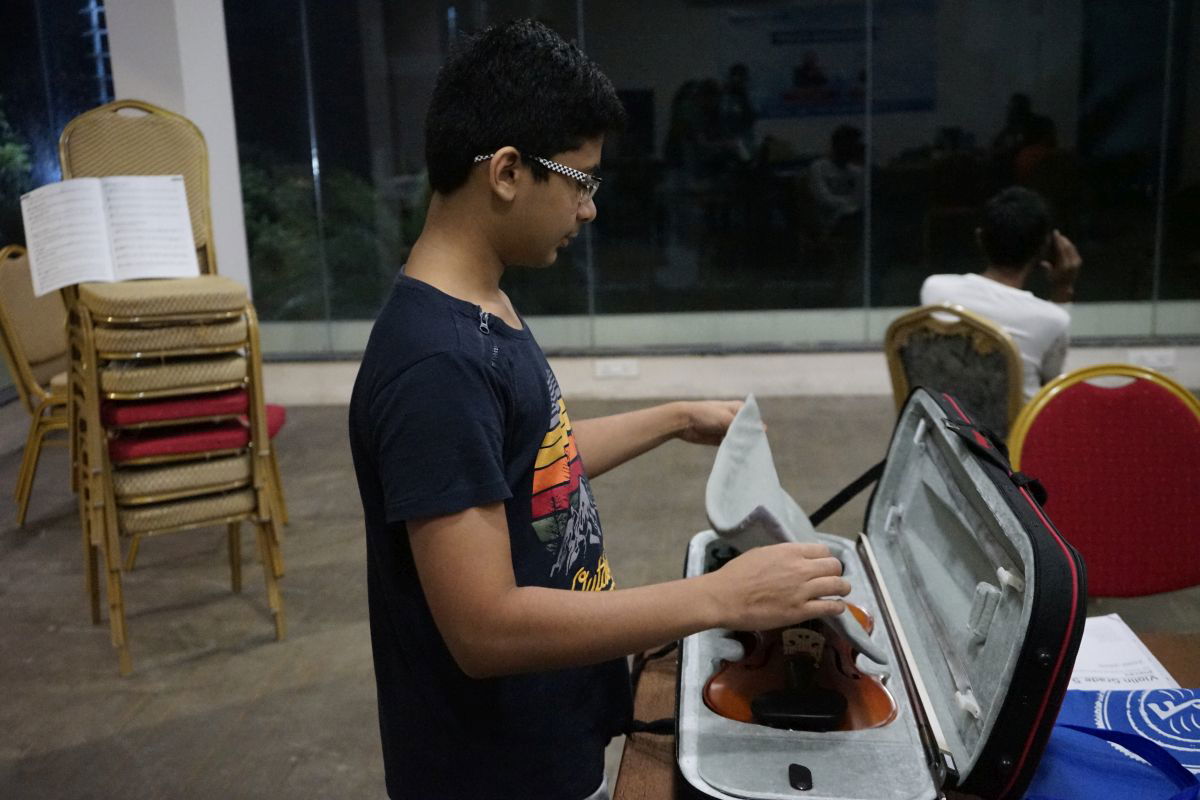
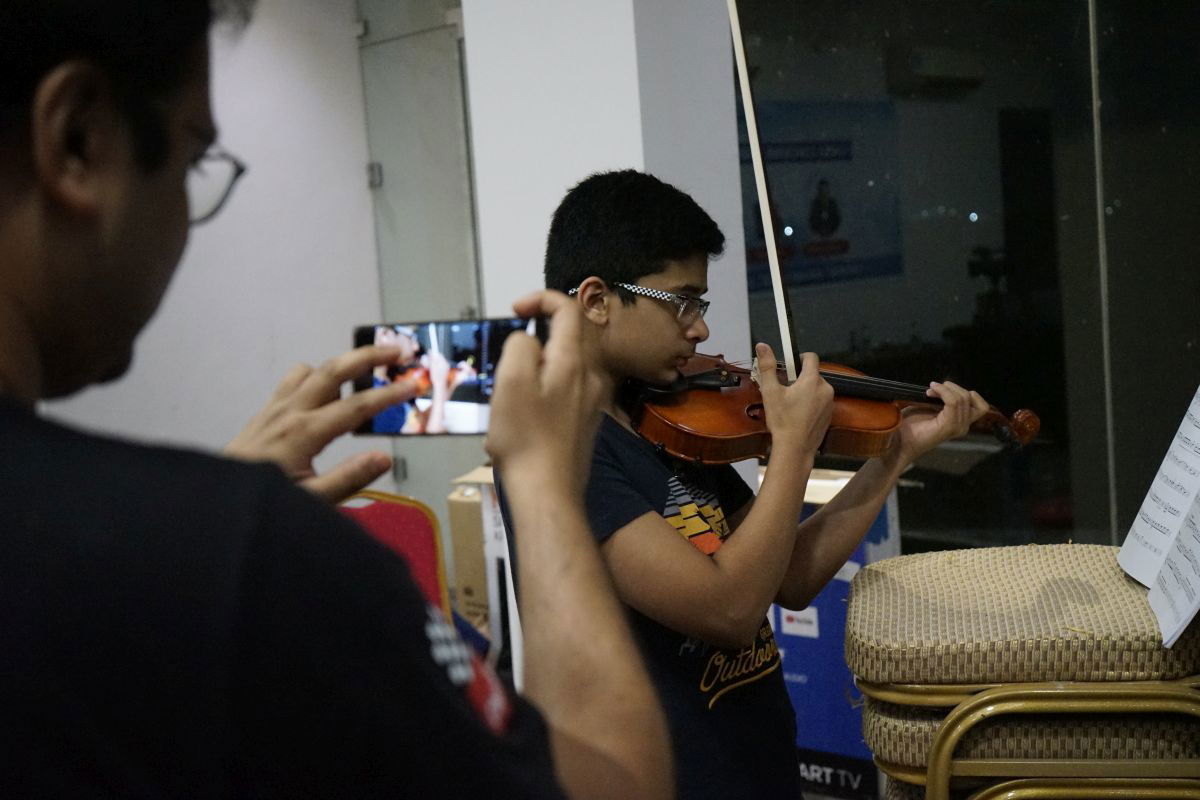
Gukesh vs Pragg | Friendly Blitz game
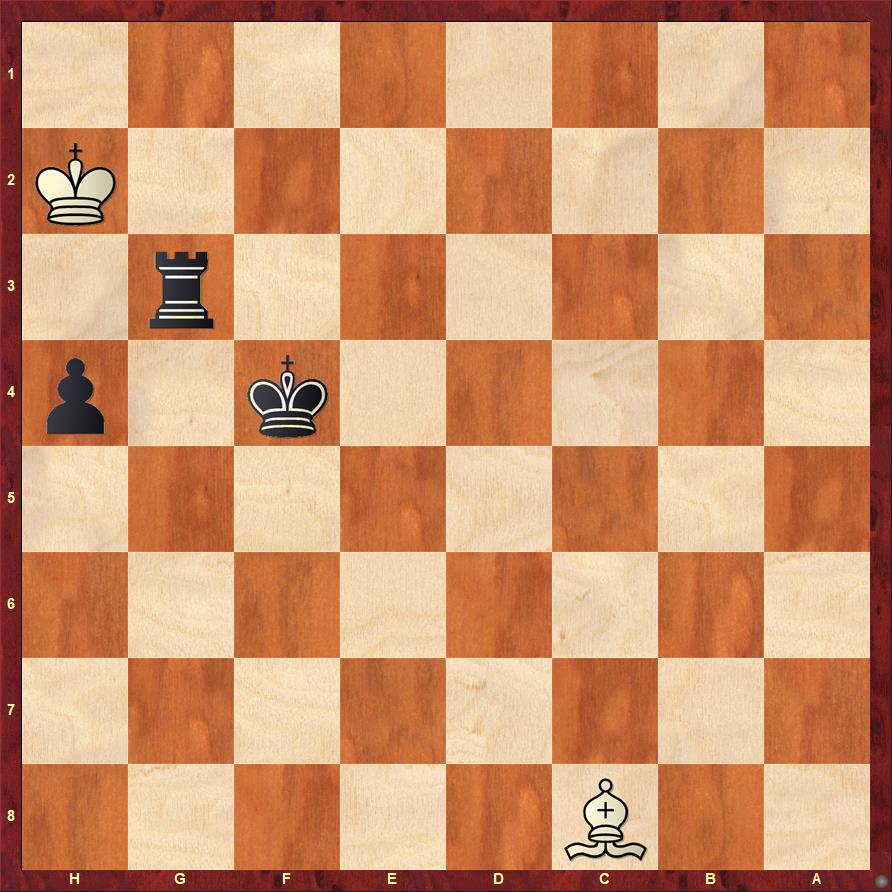
At first everyone felt that the position was just drawn. However, on deeper inspection it was found that Black is winning here. What is important to note is that this was just a blitz game. It could have been just dismissed as just another position. But Pragg took the pain to enter it on the board, check the tablebases and added this endgame's knowledge to his arsenal. In doing so he even empowered the other students and also got Kramnik and Gelfand interested in the position. It's absolutely true - learning can happen anywhere. You don't always need to play a classical game of chess to improve at it. More important is the eagerness to learn and improve.
Vladimir Kramnik vs Mathias Bluebaum
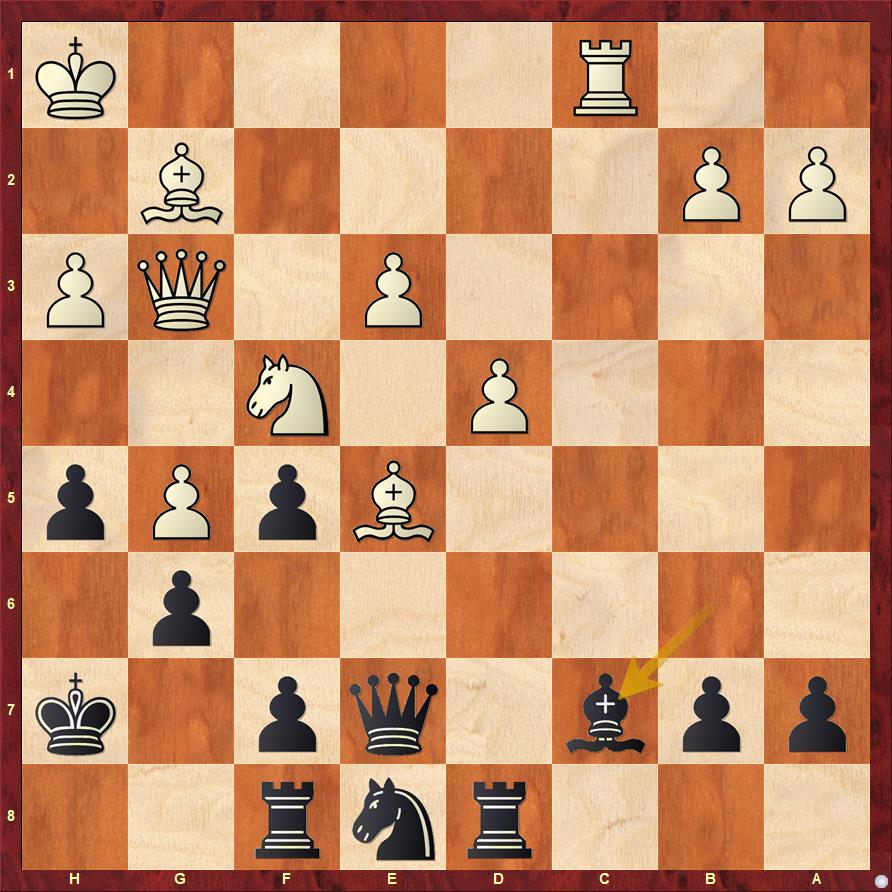
When Kramnik is in full flow, he is able to find combinative ideas which are even difficult for seasoned attackers to see. Try to calculate as deeply as you can and then have a look at the video by Vaishali and Rakshitta where they explain Kramnik's ideas.
Previous articles of the camp:
Inauguration: The syllabus of the training
Day 1: Fire and Ice
Day 2: To become a good chess player, just chess is not enough
Day 3: When to calculate and when not to























